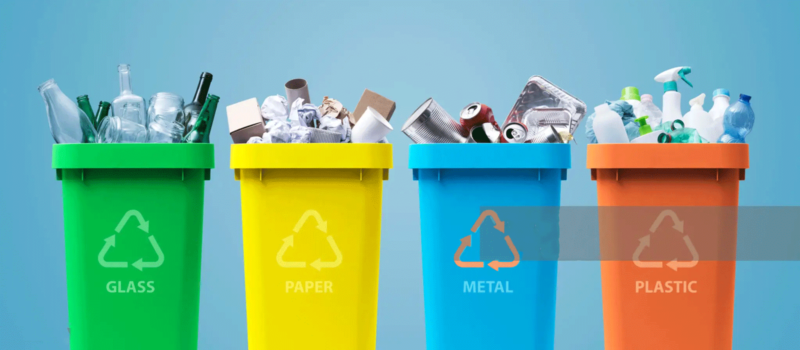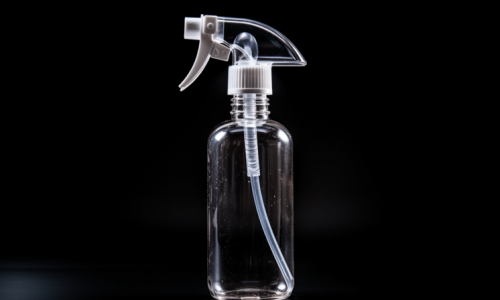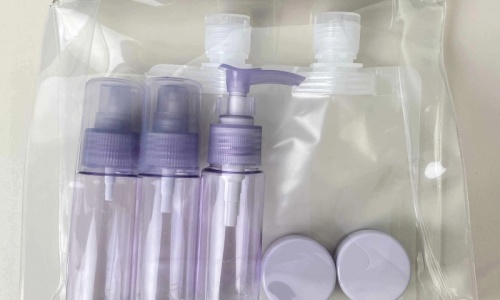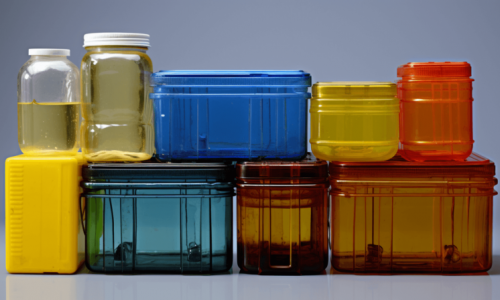
The massive increase in hand sanitizer use over the past few years has led to a surplus of empty bottles that many people are unsure how to dispose of properly. This leaves the question: are hand sanitizer bottles recyclable? The answer is not always straightforward, as recyclability depends on the specific bottle type, recycling facilities in your area, and proper preparation before recycling. This guide will provide a complete overview of recycling hand sanitizer bottles to help you make sustainable choices.
How To Tell If A Hand Sanitizer Bottle Is Recyclable
The first step is to check if the bottle has a recycling symbol, usually the triangular arrows symbol. This indicates it’s likely recyclable. However, as recycling rules differ locally, also check with your municipal recycling program.
Remove any non-recyclable components like pumps before recycling the bottle. It’s critical to thoroughly rinse each bottle to remove residue. Bottles contaminated with hand sanitizer can’t be recycled.

Why Recycling Hand Sanitizer Bottles Matters
Recycling hand sanitizer bottles provides important environmental benefits:
- Reduces plastic waste in landfills
- Conserves resources used to produce new plastic
- Prevents pollution from plastic decomposition
- Lowers greenhouse gas emissions
- Saves energy compared to manufacturing new bottles
With hand sanitizer use skyrocketing worldwide, recycling bottles has become an essential eco-friendly practice.
Alternatives: Reusing Hand Sanitizer Bottles
If recycling isn’t possible, reusing bottles is another great way to reduce waste. Ways to reuse empty sanitizer bottles include:
- Refilling with homemade or purchased hand sanitizer
- Storing other liquids like shampoo or lotion for travel
- Donating to schools or charities that can reuse them
When reusing bottles, properly clean and sanitize them first for safety. Reusing prevents more virgin materials from being used to manufacture new bottles.
The Environmental Impact Of Landfilling Hand Sanitizer Bottles
Sending hand sanitizer bottles to landfills is detrimental to the environment:
- Releases greenhouse gases as plastic decomposes
- Contaminates surrounding soil and groundwater
- Wastes valuable space in landfills
- Loses resources invested in producing the plastic
Whenever possible, recycling is the best way to avoid negative landfilling impacts.
Conclusion:
Properly recycling hand sanitizer bottles conserves resources and reduces environmental damage from plastic waste and landfilling. Check that your local recycling program accepts sanitizer bottles, then rinse and separate bottles before placing them in your recycling bin. With some effort, we can make a positive impact through recycling. Consider reusing as an even more eco-friendly option.






